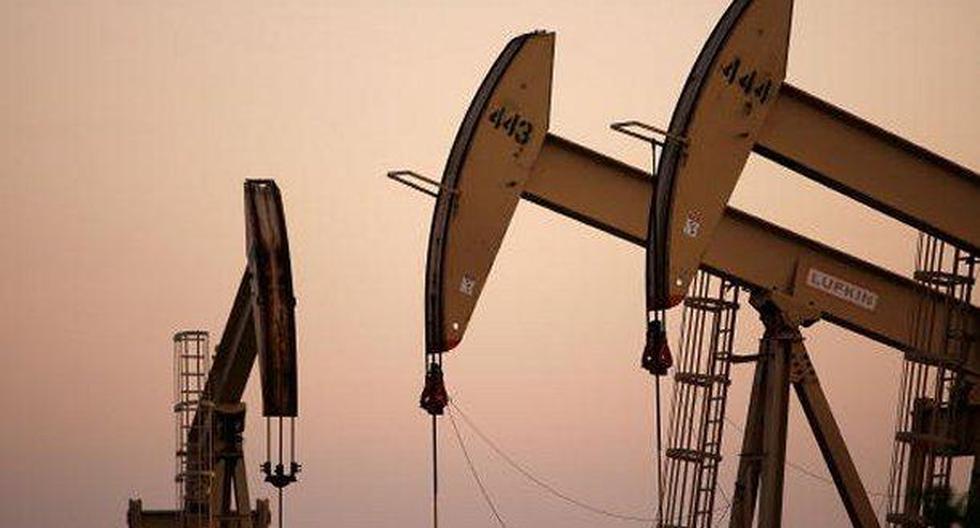The international oil prices They were dragged down this Wednesday by the fall in financial markets, amid doubts about the health of the world economy.
In the New York market, the West Texas Intermediate (WTI) for delivery in June lost 2.50% quoted at US$ 109.59.
In turn, in London, the barrel of Brent from the North Sea for delivery in July lost 2.51%, closing at US$ 109.11.
“Stock markets tell us they care about the pace of economic growth, and we know that directly affects oil demand.”, summed up Andrew Lebow, of the independent consultancy Commodity Research Group.
For Robert Yawger of investment bank Mizuho Securities, disappointing results from US retail giants, from Walmart to Target, added to the sentiment that inflation threatens corporate margins as well as consumer spending.
“You can add to it some COVID-19 in China, the European Union (EU) failing to reach an agreement on Russian crude, and the strengthening dollar. But as crazy as it sounds, Target has more weight” in price developments on Wednesday, Yawger said.
The market paid little attention to the US reserves report.
Commercial crude oil stocks in the United States fell more than expected last week, according to the US Energy Information Agency (EIA).
In the week ending May 13, stockpiles fell by 3.4 million barrels (mb), when analysts had expected a rise of two mb. These stocks thus stood at 420.8 mb.
Gasoline reserves, meanwhile, fell by 4.8 mb, well above the 1.4 mb expected by the market, partly due to an increase in demand (+2.2% over the average of the previous four weeks).
On Wednesday, gasoline and diesel prices in the United States hit all-time highs again.

















